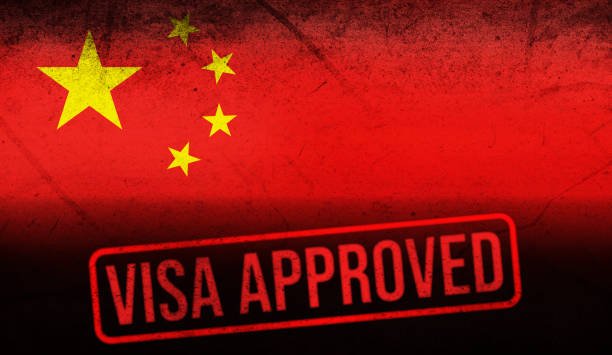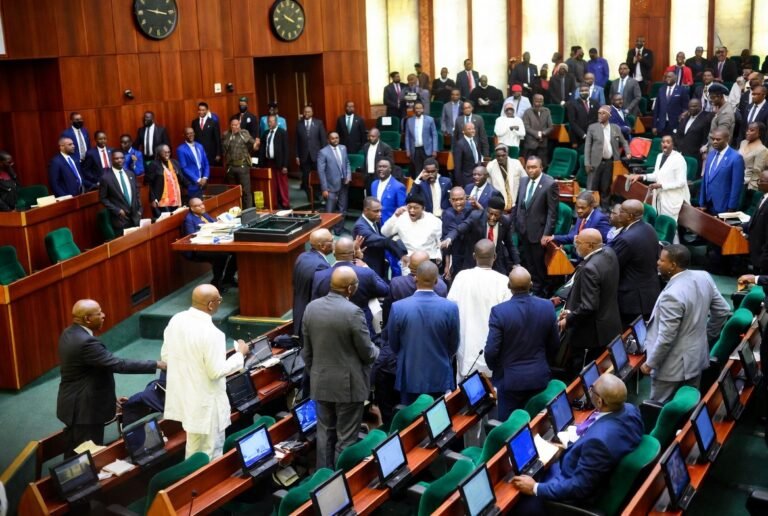China has unveiled a new visa category designed to lure foreign graduates in science, technology, engineering, and mathematics (STEM). The K visa, first announced in August, takes effect on October 1, 2025, and promises a streamlined path for skilled professionals.
Unlike the U.S. H-1B program, which requires employer sponsorship and is subject to an annual lottery, the K visa grants entry, residence, and the right to work without a sponsoring employer. Immigration experts see this as a sharp contrast in approach, positioning China as more welcoming at a time when Washington is raising barriers.
The rollout coincides with proposed U.S. rules that would impose a $100,000 annual fee on first-time H-1B visas under President Donald Trump’s administration. Analysts say this move could push skilled workers to explore alternatives such as China.
Also Read:
- Nigerians to Now Pay N1.6 million For 5-year UK Visit Visa as UK Increases Visa Application Fees
- UK to Tighten Visa Rules for Nigerians and Other Nationalities in Immigration Crackdown
- Trump Administration to Revoke Chinese Students' Visa
- International Students Abandon US, UK, Canada For Other Destinations Following Growing Visa…
“The symbolism is powerful: while the U.S. raises barriers, China is lowering them,” Iowa-based immigration attorney Matt Mauntel-Medici told Reuters. Chief strategist at Geopolitical Strategy, Michael Feller, added that Trump’s visa measures had “shot itself in the foot,” calling the timing “exquisite” for Beijing.
Official guidelines provided by the State Council cite broad criteria, including age, education, and experience, but leave out details on family reunification, permanent residency, or financial support. Checks by PUNCH Online confirm eligibility extends to STEM graduates with at least a bachelor’s degree from recognized universities or research institutions worldwide.
Young professionals engaged in relevant education or research at such institutions also qualify. Still, the lack of clarity on long-term settlement options and support structures raises questions about how attractive the program will be in practice.
Most tech jobs in China require Mandarin, and Beijing rarely grants citizenship to foreigners, both of which could dampen interest.
The K visa fits into a wider campaign by Beijing to attract foreign talent and capital. Recent initiatives include expanding visa waivers for European and East Asian nationals and opening more sectors to overseas investors.
While unlikely to transform China into a major immigrant hub overnight, the policy underscores Beijing’s determination to strengthen its position in cutting-edge industries. Even modest gains in attracting global STEM talent could give China a sharper edge in the technology race.


























